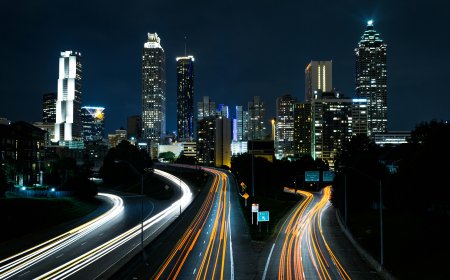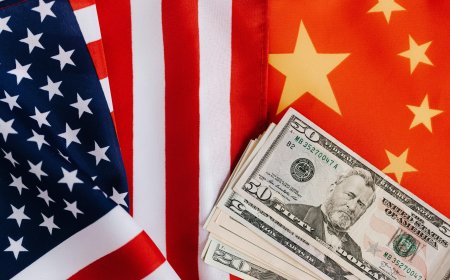10 Technologies That Shaped World Politics
From printing presses to social media, explore the technologies that transformed global power and politics.
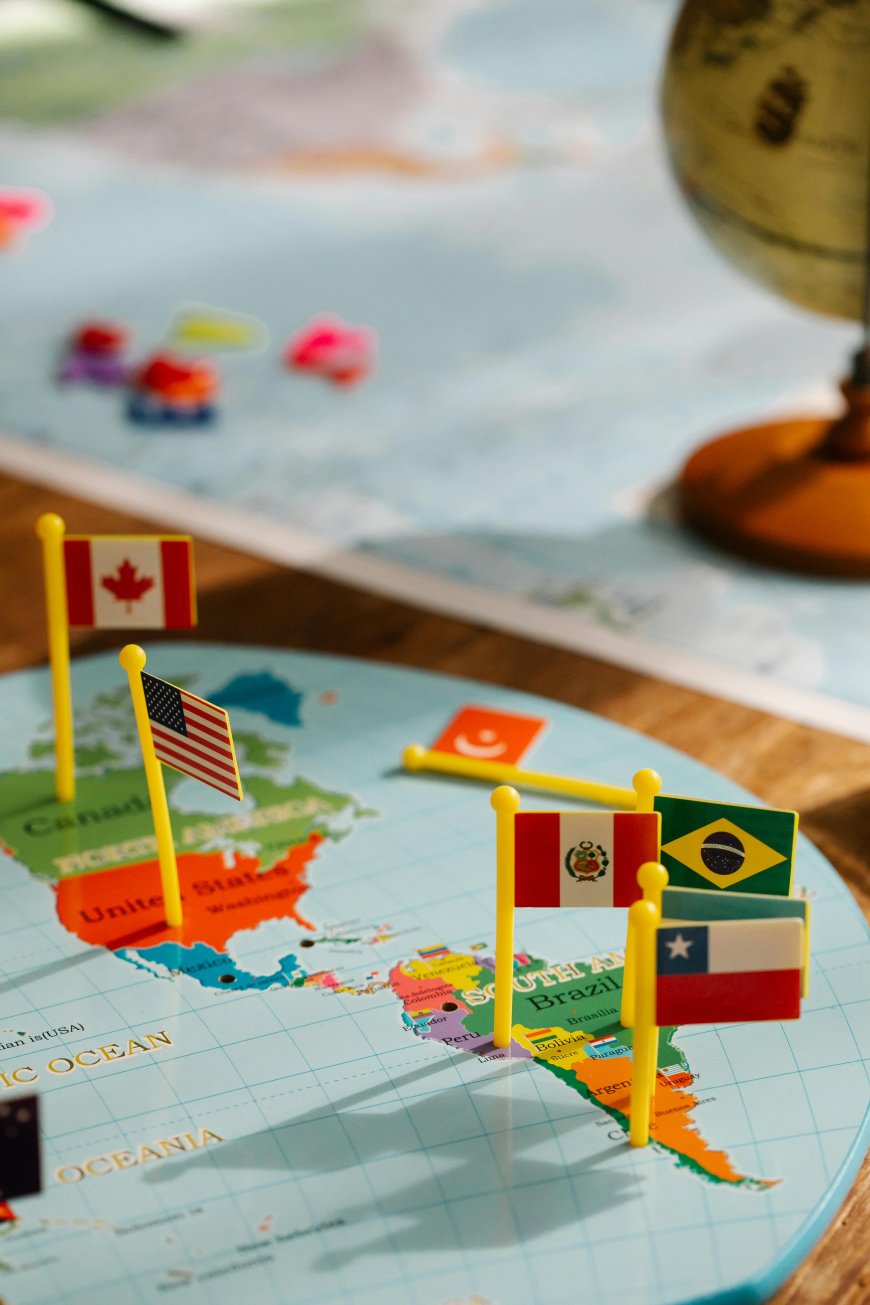
World politics is not only driven by leaders, ideologies, or wars. It is profoundly shaped by technology. From the invention of the printing press to the rise of social media, each breakthrough has redefined how power is exercised, how propaganda spreads, and how nations interact.
Here are the ten technologies that shaped world politics, altering the balance of power and the rules of diplomacy.
1. The Printing Press: Birth of Political Ideas
Invented by Johannes Gutenberg in the 15th century, the printing press revolutionized political thought.
Political Impacts
- Spread of political and religious ideas during the Reformation.
- Enabled the rise of newspapers, shaping public opinion.
- Made revolutionary pamphlets (e.g., Thomas Paine’s Common Sense) widely accessible.
The printing press gave people access to political narratives once monopolized by elites.
2. Gunpowder Weapons: Changing Warfare
Gunpowder, originating in China, changed how states fought wars and built empires.
Why It Mattered
- Shifted power from feudal knights to centralized states with artillery.
- Enabled European colonial conquests.
- Reshaped diplomacy through balance-of-power strategies.
The “gunpowder revolution” marked the rise of nation-states.
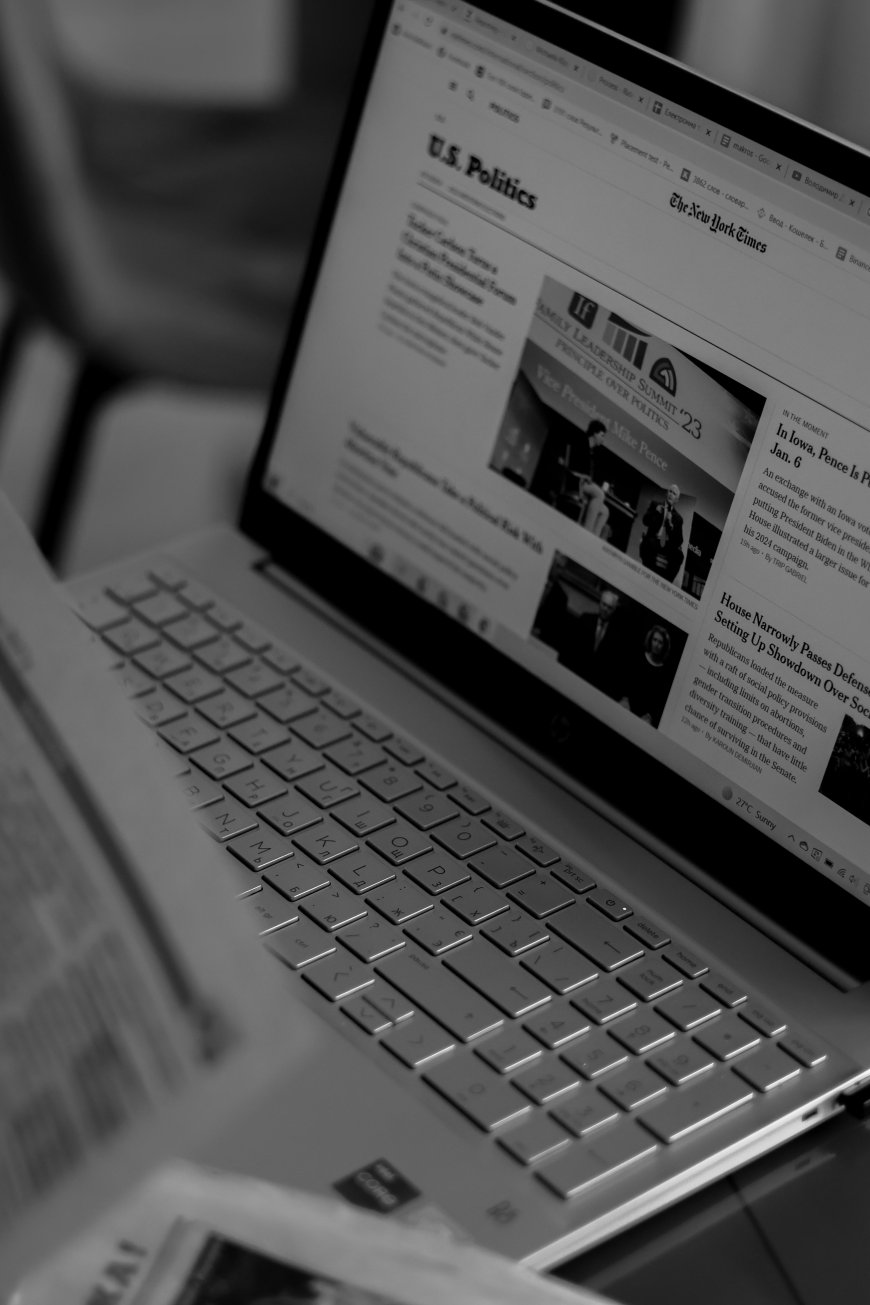
3. The Telegraph: Instant Diplomacy
The 19th-century telegraph turned communication from weeks into minutes.
Political Effects
- Allowed rapid coordination during wars.
- Connected empires with their colonies in real time.
- Enabled global news agencies, influencing public sentiment.
The telegraph was the first step toward real-time international relations.
4. The Radio: Mass Propaganda Tool
In the 20th century, radio became politics’ megaphone.
Global Political Role
- Used for mass propaganda in Nazi Germany and the Soviet Union.
- Helped leaders like Franklin D. Roosevelt reach citizens directly (“fireside chats”).
- Unified nations during crises, from World War II to the Cold War.
Radio made political communication personal and pervasive.
5. Nuclear Weapons: Power Redefined
The Manhattan Project’s success in 1945 transformed geopolitics overnight.
Consequences
- Created the Cold War’s nuclear standoff.
- Introduced deterrence and the concept of Mutually Assured Destruction (MAD).
- Elevated nuclear states to global powers.
Nuclear technology remains the ultimate political equalizer.
6. Television: Politics as Performance
By the mid-20th century, television made politics visual and emotional.
Key Impacts
- Televised debates (e.g., Kennedy vs. Nixon, 1960) changed election outcomes.
- Enabled live coverage of wars (Vietnam, Gulf War), shaping public opinion.
- Gave leaders direct access to households worldwide.
Television turned politics into a stage where image could outweigh substance.
7. Computers: Cold War Tools to Global Governance
Initially developed for military and scientific purposes, computers reshaped intelligence and governance.
Political Uses
- Cryptography and codebreaking (e.g., Allied success at Bletchley Park).
- Data-driven governance, from census systems to military logistics.
- Laid the foundation for today’s surveillance states.
Computers became the backbone of political power.
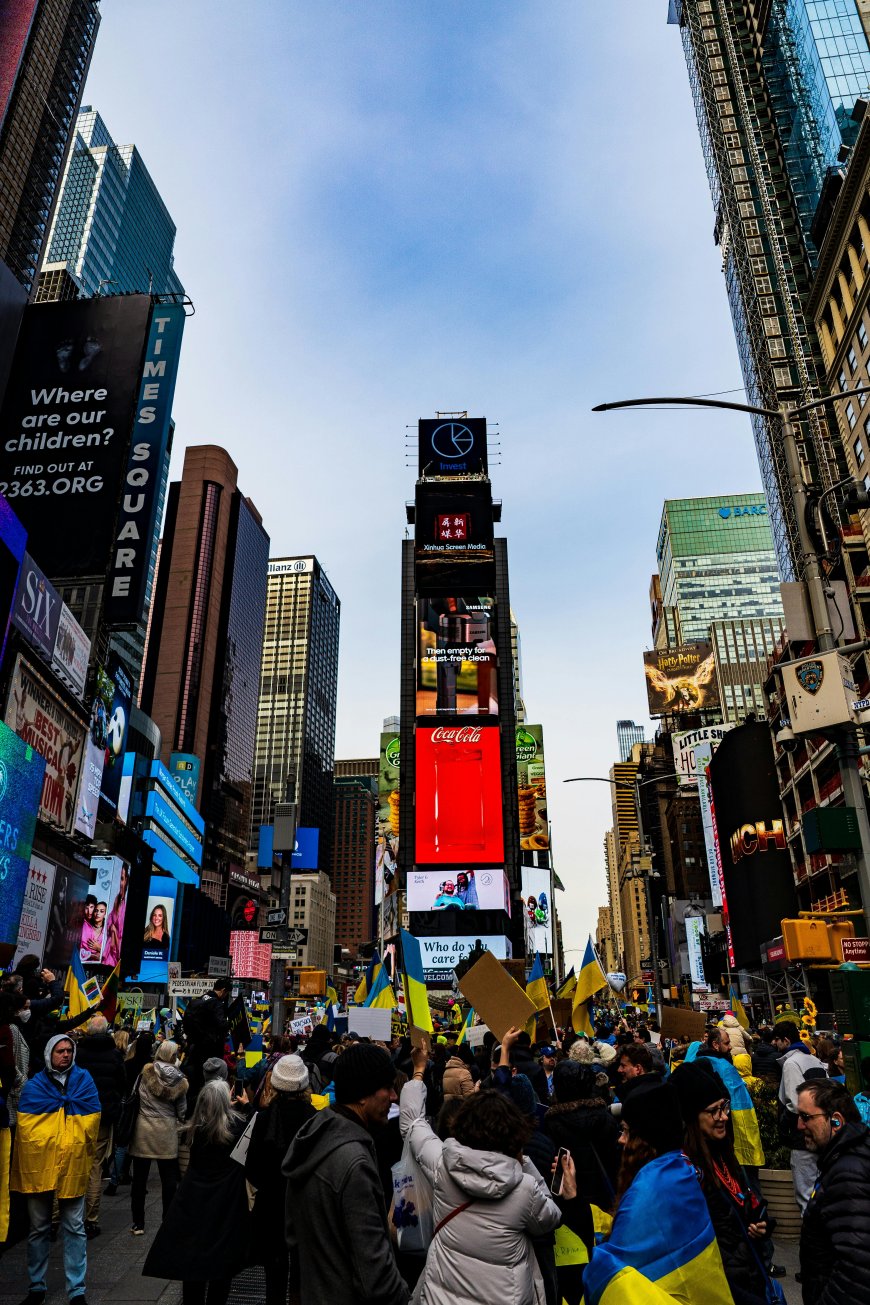
8. Satellites: Eyes and Ears in the Sky
Launched during the Cold War, satellites made espionage, communication, and geopolitics borderless.
Significance
- Enabled global surveillance and arms control verification.
- Powered live broadcasting of political events worldwide.
- Provided GPS navigation critical for modern militaries.
Satellites gave states a new vantage point—space.
9. The Internet: Digital Politics
What began as a U.S. defense project (ARPANET) became the greatest political disruptor of the modern age.
Political Transformations
- Enabled cyber warfare and state-sponsored hacking.
- Allowed dissidents and activists to organize across borders.
- Gave rise to online misinformation campaigns.
The internet turned politics into a global, decentralized, and chaotic battlefield.
10. Social Media: Politics in Real Time
Platforms like Facebook, Twitter (X), and TikTok have made politics immediate, emotional, and viral.
Impacts
- Fueled movements like the Arab Spring.
- Empowered populists with direct-to-voter communication.
- Enabled foreign influence campaigns and disinformation wars.
Social media blurred the line between domestic and international politics.
The Common Thread: Power and Communication
Every political technology shares a pattern: it reshaped who controls information and who controls force. Printing presses gave voice to commoners, radios gave voice to dictators, and social media gave voice to everyone—sometimes with destabilizing effects.
Dark Sides of Political Technology
- Printing Press: Spread extremist propaganda as well as reformist ideas.
- Radio & TV: Turned into tools of state propaganda.
- Nuclear Weapons: Threaten human survival.
- Social Media: Polarizes societies and undermines democracies.
Technology amplifies political power, but not always for the better.
Looking Ahead: The Next Political Technologies
The next wave of technology will likely redefine politics even further:
- Artificial Intelligence: Automated propaganda, political deepfakes, and AI-driven governance.
- Quantum Computing: Unbreakable encryption—or its destruction.
- Biotechnology: Redefining security through genetic manipulation.
- Space Militarization: Satellites, lasers, and lunar resource politics.
The 21st century will test whether technology strengthens global cooperation—or deepens division.
Conclusion: Tools of Power
From the printing press to social media, technologies have not just shaped world politics—they have defined it. They determine who has a voice, who holds power, and how nations interact.
The story of politics is, in many ways, the story of technology. And as we stand at the edge of the AI era, the next chapter may prove the most disruptive yet.
FAQs
Q1: What was the first technology that shaped politics globally?
A1: The printing press, which spread political and revolutionary ideas across Europe.
Q2: How did nuclear weapons change politics?
A2: They created a deterrence system that defined the Cold War’s balance of power.
Q3: Why is social media so politically powerful?
A3: It enables leaders, activists, and even foreign actors to influence public opinion instantly.
Q4: Which technology most affects politics today?
A4: The internet and social media, as they reshape elections, diplomacy, and conflicts.
Q5: What’s the next big technology in politics?
A5: Artificial intelligence, likely to transform propaganda, governance, and warfare
What's Your Reaction?
 Like
0
Like
0
 Dislike
0
Dislike
0
 Love
0
Love
0
 Funny
0
Funny
0
 Angry
0
Angry
0
 Sad
0
Sad
0
 Wow
0
Wow
0




















